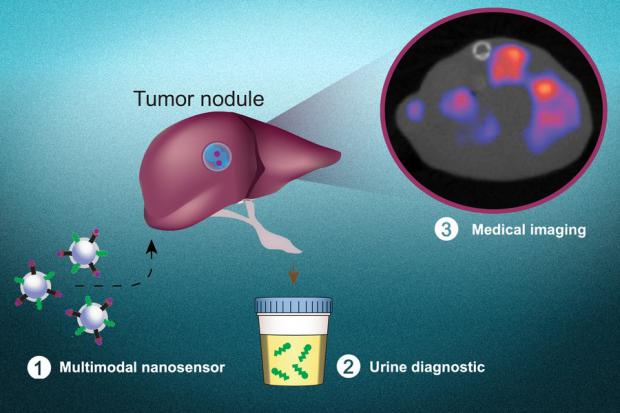
Breaking News
 Trump has pros as well as cons
Trump has pros as well as cons
 Congress To Have Access to Unredacted Epstein Files
Congress To Have Access to Unredacted Epstein Files
 How $30BILLION of taxpayers' money put aside for welfare pot became a 'slush fund'...
How $30BILLION of taxpayers' money put aside for welfare pot became a 'slush fund'...
 Why This Crash Is Bitcoin's Biggest Test Yet
Why This Crash Is Bitcoin's Biggest Test Yet
Top Tech News
 SpaceX Authorized to Increase High Speed Internet Download Speeds 5X Through 2026
SpaceX Authorized to Increase High Speed Internet Download Speeds 5X Through 2026
 Space AI is the Key to the Technological Singularity
Space AI is the Key to the Technological Singularity
 Velocitor X-1 eVTOL could be beating the traffic in just a year
Velocitor X-1 eVTOL could be beating the traffic in just a year
 Starlink smasher? China claims world's best high-powered microwave weapon
Starlink smasher? China claims world's best high-powered microwave weapon
 Wood scraps turn 'useless' desert sand into concrete
Wood scraps turn 'useless' desert sand into concrete
 Let's Do a Detailed Review of Zorin -- Is This Good for Ex-Windows Users?
Let's Do a Detailed Review of Zorin -- Is This Good for Ex-Windows Users?
 The World's First Sodium-Ion Battery EV Is A Winter Range Monster
The World's First Sodium-Ion Battery EV Is A Winter Range Monster
 China's CATL 5C Battery Breakthrough will Make Most Combustion Engine Vehicles OBSOLETE
China's CATL 5C Battery Breakthrough will Make Most Combustion Engine Vehicles OBSOLETE
 Study Shows Vaporizing E-Waste Makes it Easy to Recover Precious Metals at 13-Times Lower Costs
Study Shows Vaporizing E-Waste Makes it Easy to Recover Precious Metals at 13-Times Lower Costs
Nanoparticle urine test diagnoses cancer and pinpoints its location

The MIT system is built around a specially designed nanoparticle that can produce "synthetic biomarkers" in urine if a person has cancer, and in previous tests it has proved promising at this job. But the problem is, it couldn't tell where in the body the tumors were located. Now, the team has added this function.The method by which the nanoparticles detect cancer is quite clever. To escape their point of origin and spread throughout the body, many cancers use enzymes called proteases which slice through proteins in the extracellular matrix. The diagnostic nanoparticles are coated in peptides that can also be cut up by these proteases, so if there are tumors present somewhere, the nanoparticles will bear the scars of their encounters by the time they reach the urine.

 Smart dust technology...
Smart dust technology...

